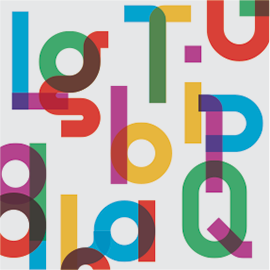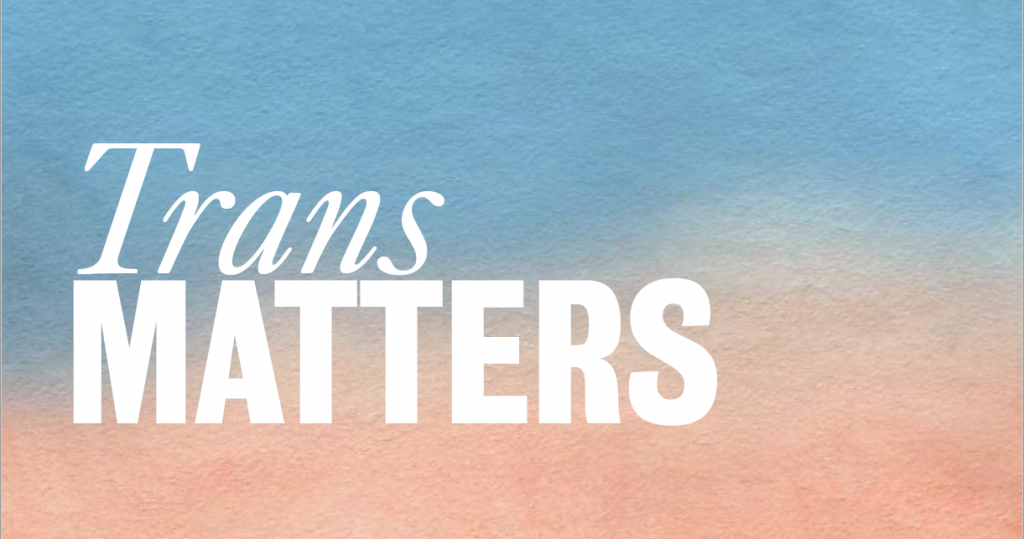For the year the 100-year anniversary of partial suffrage in UK, we are running a series of blog posts inspired by Sojourner Truth and her most famous speech “Ain’t I a Woman? “delivered in 1851 was a powerful rebuke to many anti-feminist arguments of the day. It became, and continues to serve, as a classic expression of women’s rights and we would like to take this opportunity to encourage all members of the King’s community to think critically about the media representation of women and the additional struggles faced by those who do not always share the same spotlight – BME, LGBT+, migrant, refugee and disabled women.
We are grateful to Kirsty McLaren, from King’s Widening Participation for contributing to our Women’s History Month blog series.
Women are beautiful. The most beautiful thing about women is that no two are the same; I have friends that are nurses, lawyers, police officers, psychologists, teachers, mothers, students, professional services staff and work in engineering. Some do jobs that society deem as masculine, and often catch people by surprise when they say what they do for a living because most of them are fiercely feminine. And whether they know it or not, they all step out of the door in the morning and go and kick the patriarchy’s you-know-what.
I’m a lesbian. Despite my appreciation of no two women being the same, up until last year I thought I shared an experience with every other woman who likes kissing girls, but wow I was wrong. I attended Stonewall’s Young Leaders Programme in December, and I’ve never been around such an inspiring group of people whose stories and identities are all vastly different to mine. I heard from women who shared their stories of being black and LGBT+. A bisexual woman will face discrimination for being bisexual and a woman. A black woman will face discrimination for being black and a woman. A black, bisexual woman will face discrimination for all three, and that’s where we need to be better allies – we need to recognise that no two women are the same.
I was also shocked by the discrete form of discrimination and prejudice that is faced by bisexual women. Some said they’d been asked “if they’re a “proper lesbian” of if they’re “going back to boys”, completely disregarding the idea of bisexuality. Now, I am familiar and comfortable with people who are prejudice toward me because I am a lesbian. They have an idea in their head of what I am and for me, I can live with that… I’ll take my Ellen DeGeneres t-shirt and L-Word box set and go be gay and great elsewhere. But it would start a fire inside of me if someone were to completely disregard my identity as false, or temporary. I’ll be the first one to hold my hands up and say this is the sort of thing I’ve been guilty of in the past; I’ve been insecure about having a bisexual girlfriend, in the fear that they may ‘run off with a man.’
It’s lazy to say “I have bisexual friends so it’s fine”. For International Women’s Day, here’s my pledge:
- I promise to be an active ally to my bisexual sisters, and call out discrimination even ‘in jest’.
- I promise to take a more intersectional approach in supporting LGBT+ groups, for women of colour, religious women, trans women, disabled women and all that identify with more than one group.
- I promise to check my privilege, and to stand up for every beautiful woman across the world who battles through barriers one way or another.

